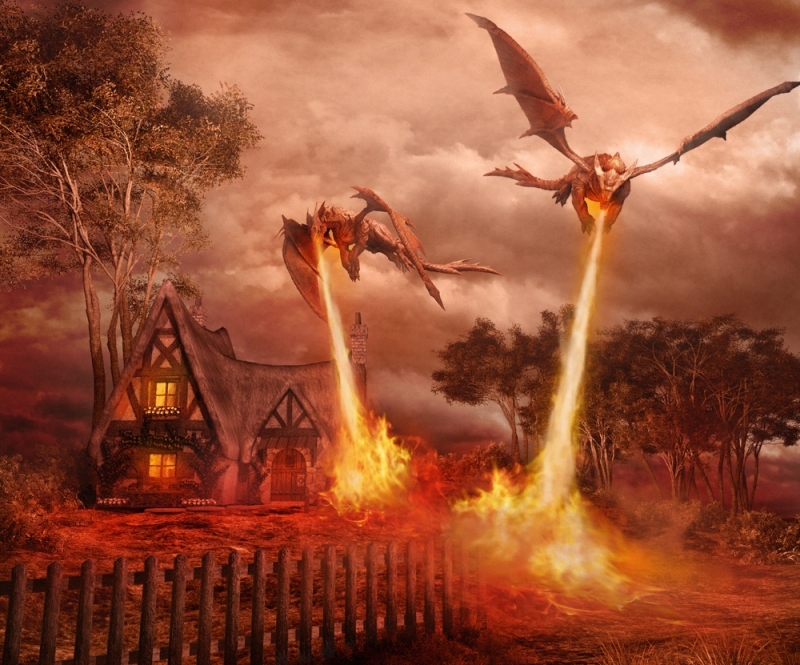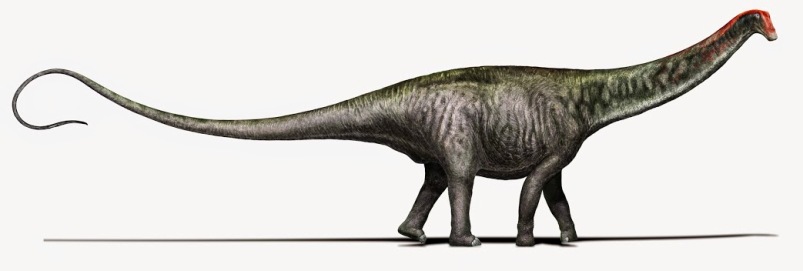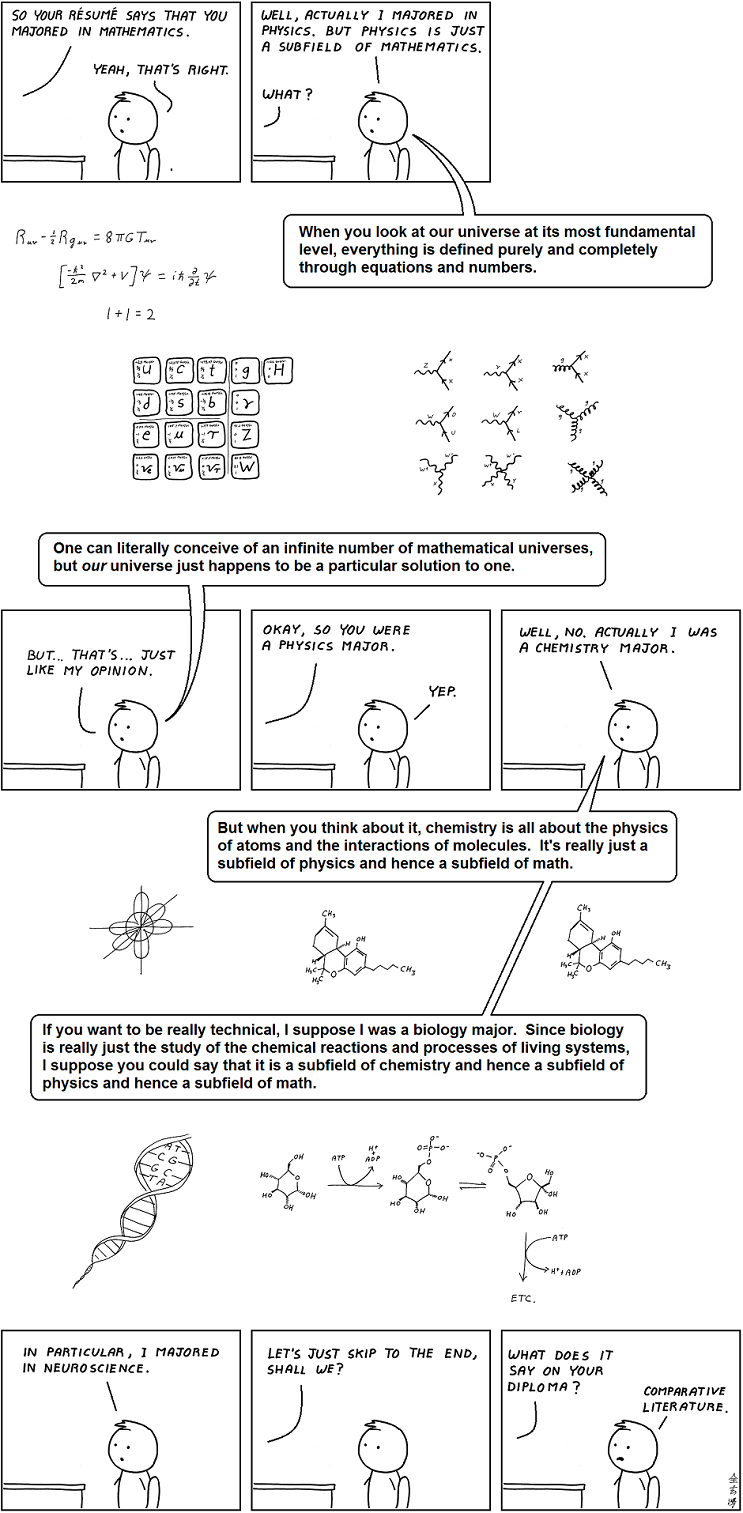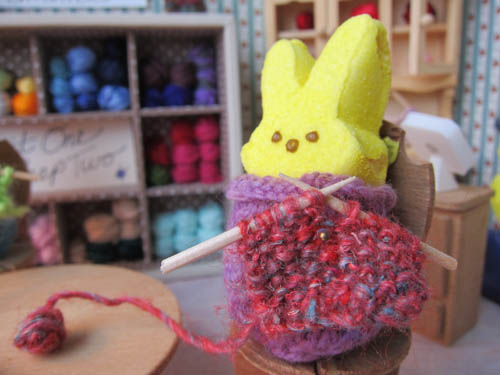 In keeping with the brave tradition of gullible, single-source reporting, here’s an astounding science news report. It ran in the News and Views section of the prestigious journal, Nature, a couple weeks ago, I don’t know how I missed it, and it surely deserved more than the brief flurry of attention it got on Twitter. In brief: global warming will almost certainly trigger The Third Stirring of the world’s dragons. The report’s authors, borrowing a phrase from Geoffrey of Exmouth, say this will be “the bigge one.” Continue reading
In keeping with the brave tradition of gullible, single-source reporting, here’s an astounding science news report. It ran in the News and Views section of the prestigious journal, Nature, a couple weeks ago, I don’t know how I missed it, and it surely deserved more than the brief flurry of attention it got on Twitter. In brief: global warming will almost certainly trigger The Third Stirring of the world’s dragons. The report’s authors, borrowing a phrase from Geoffrey of Exmouth, say this will be “the bigge one.” Continue reading
 April 6 – 10
April 6 – 10
Have you ever had to endure the smug cocktail party contention that “biology is just chemistry, chemistry is just physics, and physics is just math” (and so all of life is reducible to math)? Abstruse Goose demolishes that glib noise with a thought experiment that reverses the formula.
Michael Balter’s brontosaurus story has everything. Internecine science-mag warfare! An embargo scandal! Stephen J. Gould! Unfairly maligned stamps! Oh, and a giant thunder lizard.
Michelle and frequent guest Judith Lewis Mernit undertake a closely considered reading of Jonathan Franzen’s climate piece. They dive deep: if you must choose between the climate and the environment, is anything acceptable as collateral damage? Can we really afford to think of anything as expendable?
GM crops are bad, Craig shows us, but not for the reason your crazy aunt thinks they are.
“When a scientific theory comes face to face with new facts, scientists adjust the theory accordingly, and journalists should do the same.” Christie bravely wades into the Rolling Stone rape story fiasco.
See you next week!
 The biggest science story this week was really, really big. Brontosaurus, weighing in at about 16 metric tons, is a taxonomic contender once again, thanks to a 300 page long cladistic analysis in the online journal PeerJ. (Spoiler alert: Yes, the rest of this piece will include puns, jokes and allusions to classic films just as corny as these.)
The biggest science story this week was really, really big. Brontosaurus, weighing in at about 16 metric tons, is a taxonomic contender once again, thanks to a 300 page long cladistic analysis in the online journal PeerJ. (Spoiler alert: Yes, the rest of this piece will include puns, jokes and allusions to classic films just as corny as these.)
Every major and minor news outlet in the world seems to have the story, and it’s no surprise. This is not just a major science story, but also a cultural event of monumental proportions. How do I know that? Simple: even The New Yorker weighed in with a commentary on the paper. That either means the news has very deep resonance for humanity (including New Yorkers), or that The New Yorker is slumming it these days, or a bit of both. You decide.
As pretty much every reporter pointed out, Brontosaurus is an “iconic” dinosaur that lost its wonderful name (“thunder lizard” in Greek) through no fault of its own. The blame can be put squarely on Othniel Marsh, the 19th century dino hunter who—in his greed to discover as many dinosaurs as possible—named one skeleton Apatosaurus in 1877 and then named another, very similar, skeleton Brontosaurus in 1879. Four years after Marsh’s death in 1899, paleontologists decided that they were the same beast and so Brontosaurus lost out thanks to the rules of scientific nomenclature. I don’t need to tell you more because, as a sophisticated, scientifically literate reader of LWON, you will have read at least one if not more of the numerous news stories that relate the tale of the “Bone Wars” in pretty much the same terms. So to refresh yourself on the details, simply click on any of the many, many—no, wait, read MY STORY!
Okay, now that you know this piece is going to be at least partly about me, let’s get shameless. Continue reading
 I suppose somebody could actually think these things. I doubt that person would be in comp lit, though. I suppose reductionism comes in here somewhere but in spite of having it explained 100000 times, I don’t understand it. I don’t know, I’m just so depressed that Abstruse Goose seems to have fallen down. Oh Abstruse Goose, we love you get up.*
I suppose somebody could actually think these things. I doubt that person would be in comp lit, though. I suppose reductionism comes in here somewhere but in spite of having it explained 100000 times, I don’t understand it. I don’t know, I’m just so depressed that Abstruse Goose seems to have fallen down. Oh Abstruse Goose, we love you get up.*
____________
http://abstrusegoose.com/544
*That’s from a poem by Frank O’Hara.
 A summer not long ago I went for a grueling 3-day backpack through GMO cornfields in Iowa, camping among walls of waxy green leaves that sawed against each other in the breeze. I wanted to see what besides corn and soybeans lived out here. Not much, I found. Spiders and ants were few and only the smallest species survived. There were some mushrooms, but not many, and I happened into a whitetail deer one night. Otherwise, it was a catastrophic biological landscape, as if a bomb had gone off killing almost everything but a couple engineered species.
A summer not long ago I went for a grueling 3-day backpack through GMO cornfields in Iowa, camping among walls of waxy green leaves that sawed against each other in the breeze. I wanted to see what besides corn and soybeans lived out here. Not much, I found. Spiders and ants were few and only the smallest species survived. There were some mushrooms, but not many, and I happened into a whitetail deer one night. Otherwise, it was a catastrophic biological landscape, as if a bomb had gone off killing almost everything but a couple engineered species.
Thrashing out of the hot, dripping fields, my skin coated in sweat and grimy soil the consistency of shoe polish, I set off looking for signs of biologic hope in the area. I ended up at small patch of what is called virgin prairie, a plot of ground near the forgotten town of Butler Center where crops had never been planted. The town itself was gone, plowed under and turned into rows of corn, while this plot called the Clay Hills Preserve had been set aside. No plow had ever touched the ground.
Ruth Haan, a woman in her eighties, was one of the last on a board of volunteers overseeing the preserve. Locals warned me that Haan was losing her mental faculties. Her niece who drove her to the site to meet me on a blistering summer day said right in front of her that she was getting a little loopy.
“Oh, honey, I just need a little help now and then,” Haan said in her sundress, the fat of her arms hanging like handbags.
Haan pushed her wheeled walker across bumpy ground to reach the fence marking the refuge that she’d known her entire life. “Volunteers haven’t met for quite a while because most of us have died,” she said. “I sure hope someone will keep an eye on this after I’m gone; it’s the last piece around.” Continue reading
“The definition of insanity is doing the same thing over and over and expecting different results.” — Some wise person who wasn’t Einstein.
“I don’t think we need to necessarily institute a lot of new ways of doing things,” [Rolling Stone managing editor, Will] Dana, said. “We just have to do what we’ve always done and just make sure we don’t make this mistake again.”
I’ve never liked that (fake) Einstein quote, because it conflates stupidity with insanity. But I couldn’t help thinking of it when I read the Dana quote in the Columbia University Graduate School of Journalism Report on what went wrong on the now-discredited Rolling Stone story, “A Rape on Campus.” The story recounted a harrowing tale of a University of Virginia student’s alleged gang rape at a campus fraternity house.
I’m not going to rehash all the problems with the Rolling Stone story (you can read all about it in the report). Let’s just say that something went very wrong, and the magazine’s tone deaf response to the report gives journalism another black eye. By insisting that,”Ultimately, we were too deferential to our rape victim; we honored too many of her requests in our reporting,” Rolling Stone editors essential threw the alleged victim, “Jackie,” under the bus.
The problem wasn’t that the magazine gave too much weight to Jackie’s story, it’s that they had settled on the story they wanted to tell before they’d ever gathered the facts. As Jay Rosen notes in his blog, “[This narrative] didn’t start with Sabrina Rubin Erdely. She was sent on a search for where to set it.” Continue reading
Since Jonathan Franzen’s essay “Carbon Capture” went live on the New Yorker’s website last week, environmentalists and the journalists who write about them haven’t been able to stop bickering about it. Whether Franzen was wrong-headed or visionary, dumb or prophetic, he clearly touched a nerve when he asked, “Has climate change made it harder for people to care about conservation?” Here, Michelle and guest poster Judith Lewis Mernit, who typically agree about everything from Shakespeare to the unifying power of Benedict Cumberbatch, dive into the fray—on opposite sides. Pray their friendship endures.
Michelle: So Judith, what do we agree on here?
Judith: I think we agree that the topic of climate is overwhelming, oppressive, depressing, and that it makes us feel powerless. All those numbers! All that science! The scale of industrial energy production, the methane rising from Arctic permafrost that’s no longer so perma—it just makes you feel like all is lost, and, well, like Alvy Singer in Woody Allen’s Annie Hall, whom Franzen invokes, “The universe is expanding. Why should I do my homework?”
Maybe we aren’t powerless—and I would argue that we’re not—but we believe we are, which is what matters. Continue reading
Cameron manages to build a story about the dove trapped in her house around a Karen Carpenter song, and that IS the first time in the history of humankind that anyone’s done that.
Helen pursues her small obsession with museums, this one a bone museum at which she misses the opportunity of a lifetime and doesn’t buy the book on preparing a museum display of a whale skeleton, starting with the whole whale.
Erik has a story about an ancient Chinese high-ranking minister who took decades to depose the king of Wu, then settled in with the king’s ex-mistress and wrote the first textook on aquaculture.
“Hi, Jane, here are your weekly stats,” says guest Jane Hu‘s Fitbit. She walked 71,000 steps! she slept better! her dog got more exercise! Then she got the message with the red frowny face and from there, it’s all downhill.
Helen redux: on finding out that penguins don’t really need sweaters, she and her crew take on the civic-minded, even heroic, job of knitting sweaters for those in real need: peeps. She has pictures.


